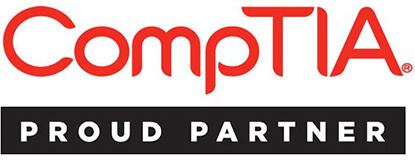Diploma or Degree — Which is the right choice for you?
Degree and diploma programs are two of the most common choices for students enrolling in college.
The purpose of both is to help students understand the depth of their industry and to allow them to graduate with the tactical skills and experience needed to perform optimally in their career, advance at work, or even explore a new industry altogether.
As you consider which program is the better fit, the cost of the program as well as the number of courses and time required for completion may cause you to favor one over the other; however, it’s important to consider all the different factors that make up these programs when choosing which to enroll in — including career advancement potential and increased marketability associated with each.
Diploma courses focus on actionable skills needed to work in a particular industry. Typically, diploma courses are designed to get you through your program quickly so you can rapidly apply the training you’ve gained toward your career endeavors. To facilitate this, program length usually shorter than degree programs and classes cover a very broad view of essential industry-related topics or practices to ensure you have a strong working knowledge of the field.
While some advanced diploma programs cover more sophisticated subjects related to the career field, students who graduate with their diploma have the skills and training to apply what they’ve learned to their field and in some cases, will expand that base knowledge into an advanced degree later.
Degree programs cover far more than the base-level knowledge required to complete work-related tasks once you’re working in your chosen field.
Degree programs are often focused on producing “well-rounded” students with an understanding of their industry, equipping them with skills that will also help them to advance quicker and give them a better understanding of their career and how it relates to the workforce and related industries as a whole.
To achieve this, degree programs often require students to take more classes than are necessary for the diploma program and often consist of an advanced curriculum that is not taught to those seeking a diploma.
Degree programs also often expose students to more management and upper-level administrative training than a diploma program.
Some hiring personnel may require that a potential job applicant has obtained a degree in their field. While the number of businesses that only accept potential job-seekers with degrees is becoming fewer, this may a consideration when you’re determining which program is best for you.
No matter what program you decide to pursue, choosing to enroll in college for the first time or opting to return to school to continue or enhance your education through either a degree or diploma program will undoubtedly make a substantially positive impact on your life.
— IBMC Staff Writer

